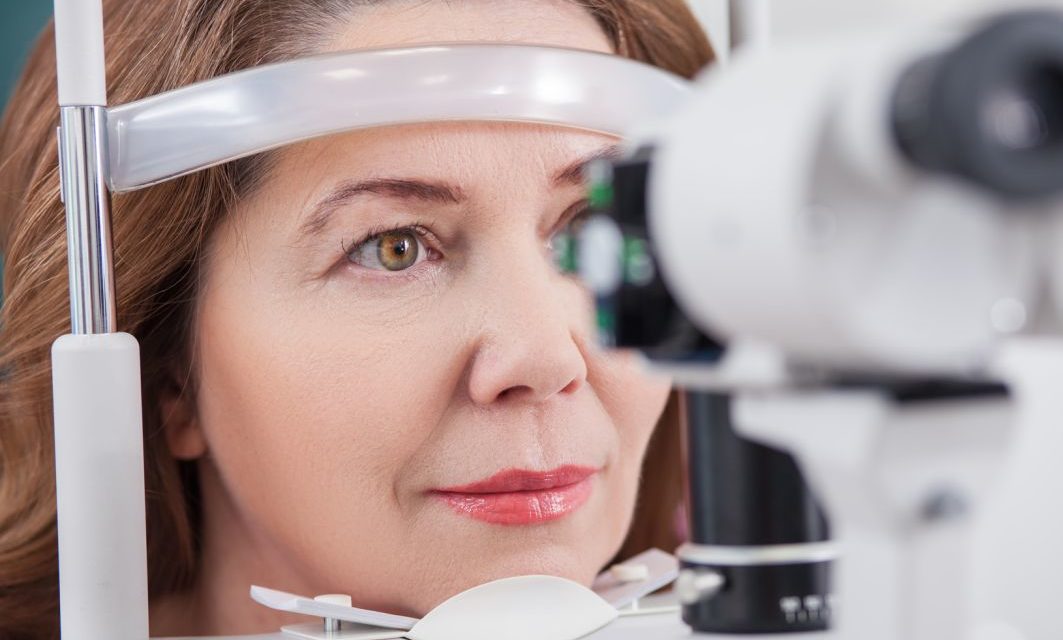According to a nationwide clinical trial sponsored by the National Eye Institute (NEI), and reported in the October 2001 issue of Archives of Ophthalmology, supplementation with antioxidants and zinc reduces the risk of AMD (age-related macular degeneration). Antioxidants are nutrients that protect from free radicals. Free radicals are like chemical “bullets” that damage tissue. Antioxidants are like chemical “bullet-proof vests”. Researchers found that for patients at risk for developing advanced AMD, taking vitamin C (500 mg/day), vitamin E (400 IU/day), beta-carotene (15 mg/day), and zinc (80 mg/day) lowered the risk by about 25%. “This is an exciting discovery because, for people at high risk for developing advanced AMD, these dietary supplements are the first effective treatment to slow the progression of the disease,” said Paul A. Sieving, M.D., Ph.D., director of the NEI.
Earlier studies have shown that people eating diets high in green leafy vegetables have a lower risk of developing AMD. This Study involved 4,757 participants, 55-80 years of age. Participants in the study were given one of four treatments: 1) zinc alone; 2) antioxidants alone; 3) a combination of antioxidants and zinc; or 4) a placebo. The groups taking zinc alone or the antioxidants alone (vitamins C, E, and beta-carotene), experienced some benefit, but not as much as the group taking the combination.
Dr. Sanjay Sharma is the founding director of Queen’s University’s Cost-Effective Ocular Health Policy Unit. Queen’s University is in Kingston Ontario. According to Dr. Sharma, “We project that this strategy [high-dose vitamin supplementation (Vitamins C and E, plus beta carotene and zinc)], if applied to those with the advanced ‘dry’ form of AMD over the coming decade could potentially save the North American health care system more than $1.5 billion.”






